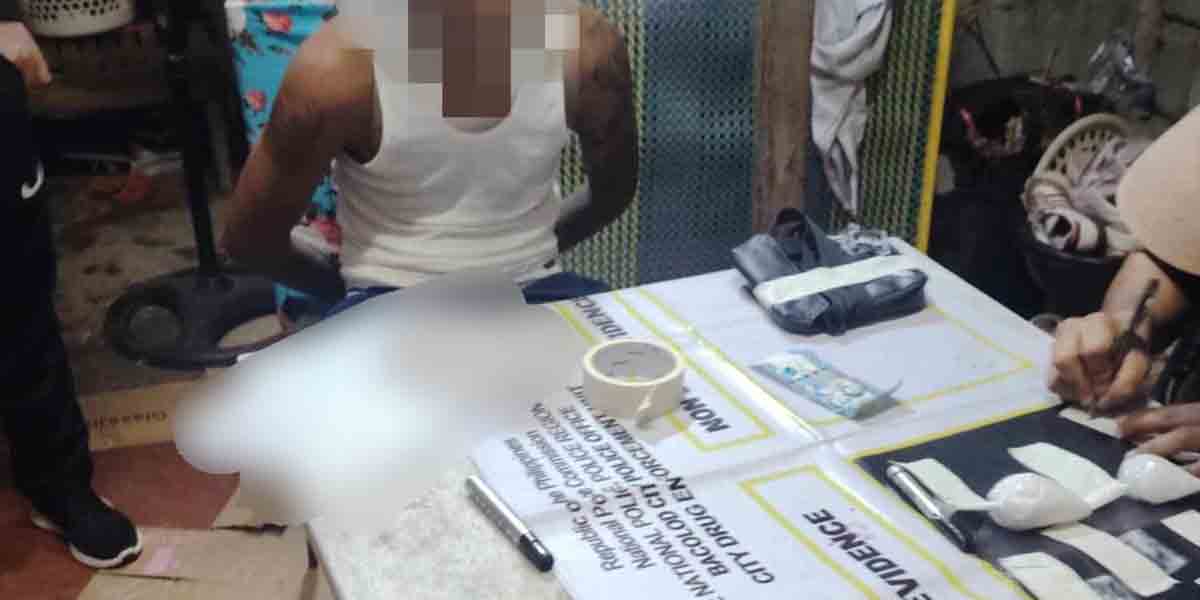By Michael Henry Yusingco, LL.M
There has been a flurry of inquires in both the Senate and House of Representatives that are advertised as “in aid of legislation”. But given the overstated actuations of the protagonists involved, these “hearings” appear to be just about capitalizing on as much free airtime as possible before the campaign period officially starts. Kids of today would say that lawmakers seem to be suffering from “main character syndrome”.
It is hard to disagree with such an observation because the legislative purpose of these inquires is never articulated with clarity and conviction. It is so easy to suspect that the aim of the exercise could be to impact the 2025 elections in a significant way. Hence, the propensity of the lawmakers running the show to be always on “performance” mode. That playing-for-the gallery quality is very hard to miss in the way they conduct themselves.
This desire to outshine others is demonstrable in the inquiry pertaining to the use of confidential funds by the Office of the Vice-President (OVP). As usual, the legislative objective still unclear. Is it to amend the Administrative Code? Or to amend anti-graft laws? Lawmakers must make a conscious effort to respect the “in aid of legislation” aspect of the inquiry. Otherwise, criticism that it is politically motivated is warranted.
Pertinently, this particular inquiry has exploded into an intense and vicious partisan battle with all the pulsating drama in full display last weekend. Admittedly, this spectacle is to a certain degree entertaining. But it is also a profound tragedy because it perfectly shows how easily our political leaders can abuse their powers, abandon proper decorum and civility, and disrespect our constitution.
As it is now, lawmakers are clearly doing the job of the Ombudsman. They are investigating potential corruption offenses perpetuated by public officials and employees. They are obviously gathering evidence to prove the guilt of certain individuals involved in the OVP. While it is understandable for the public to laud this move, the fact remains that this is not the job of lawmakers. This is the job of the Ombudsman.
The Constitution describes the Office of the Ombudsman as “protectors of the people”. In their website, the Ombudsman’s avowed mission is to “transform public accountability into the norm and recognized as the central corruption prevention arm of the government.” It is designed to be the primordial and independent anti-corruption agency that will ensure the integrity and professionalism of the public sector.
The Ombudsman is a constitutional office endowed with substantial investigatory and prosecutorial powers to basically enforce the constitutional tenet, “Public officers and employees must, at all times, be accountable to the people, serve them with utmost responsibility, integrity, loyalty, and efficiency; act with patriotism and justice, and lead modest lives.”
Both the Constitution and The Ombudsman Act of 1989 compels the Ombudsman to “act promptly” (Section 12 Article XI, Section 12 of the 1987 Constitution and Section 13, R.A. No. 677). More importantly, the law also mandates the Ombudsman to “give priority to complaints filed against high ranking government officials and/or those occupying supervisory positions, complaints involving grave offenses as well as complaints involving large sums of money and/or properties.” (Sec. 15, R.A. No. 6770).
Hence, the Ombudsman should be making its presence felt any time now. Lawmakers with imposter disorder have overstayed their welcome under the spotlight. It is time for them to do the job which they were elected for, which is lawmaking. The country is still reeling from multiple storms wreaking havoc one after the other, an occurrence even NASA deems “unusual”. Congress should be devoting more manhours on addressing this intergenerational problem.
And it is also time for the Ombudsman to perform its constitutional mandate. Ostensibly, corruption in a grand scale could be the case here. The gravity of this matter demands the removal of partisan politics in the investigation. Prosecuting these cases requires public servants with the necessary wherewithal in litigation and legal procedures. This is the only way to ensure that the offenders get what they deserve under the law.




















